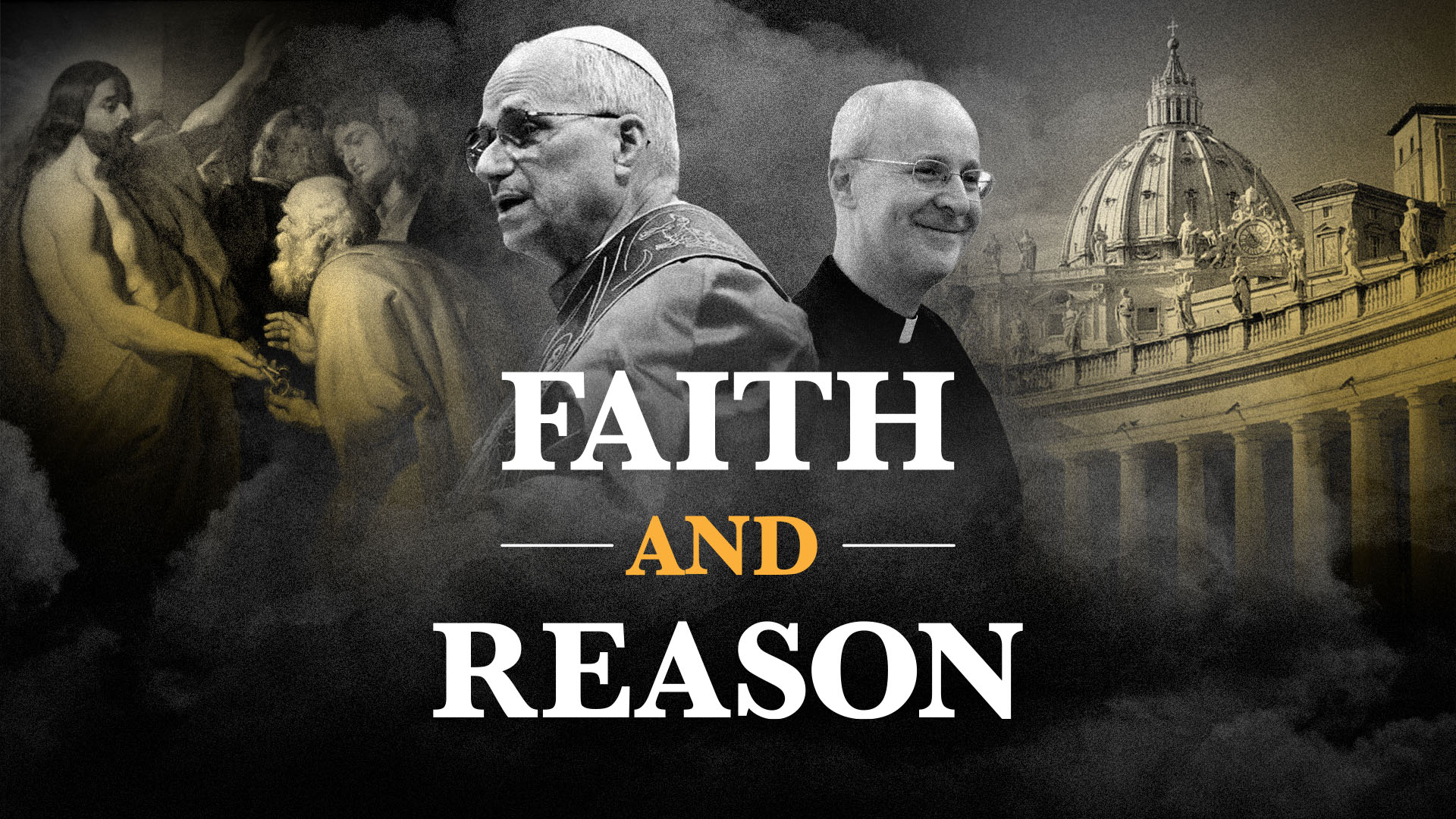Pope Leo’s recent comment that the Church must “change attitudes before changing doctrine” landed like a thunderbolt across Catholic life and raised immediate alarm. For many believers the phrase sounded like an opening for compromise, a softening of timeless truths to fit modern tastes. That worry spread quickly because words matter in times when the culture is hostile to holiness.
Critics worry the remark hands momentum to figures who already pressure the Church to normalize positions that clash with biblical teaching. Names like Fr. James Martin are invoked because some of his activism seems at odds with the moral clarity Scripture demands, and his supporters read any conciliatory tone as permission. When senior voices suggest attitude shifts precede doctrinal shifts, faithful Catholics fear it glorifies cultural accommodation over conversion.
There is a broader context to consider: a cultural current that celebrates abortion and contraception as tools of social engineering. That worldview operates like an industrial machine, reducing human life to numbers and utility, and it has seeped into corners of elite opinion. When Church leaders appear to flirt with the language of compromise, the faithful see not pastoral sensitivity but the risk of surrendering moral anchors.
A Biblical Response
From a biblical vantage, the Church’s job is to call people to repentance and truth, not to mirror the shifting morals of the world. Scripture calls the flock to holiness, to defend the weak, and to speak for those who cannot speak for themselves, and that call does not change because culture grows louder. The faithful expect shepherds to hold the line with courage, clarity, and charity.
That does not mean coldness or cruelty; pastoral care requires tenderness toward sinners while refusing to bless sin. The New Testament shows Jesus drawing near to broken people while calling them away from the patterns that destroy them. A posture that softens doctrine to accommodate sin would betray that pattern and confuse those searching for real mercy.
We must also recognize the seductive power of talking about “attitudes” without naming the underlying errors. Softening tone can be tactical, but tone should never be used to blur truth. Love without truth is sentiment; truth without love is brittle; the Church must be both merciful and unmistakably honest.
Practical Stakes For Believers
Ordinary Catholics feel the consequences: confusion at the pew, pressure in schools and hospitals, and a growing sense that the Christian witness is being diluted. When leaders speak in ways that can be read as opening doors to error, the laity are left to defend basics of faith and life with a bewildering mix of courage and exhaustion. The flock needs clarity so it can stand firm in neighborhoods, workplaces, and families.
So the correct response is not panic or factionalism but a sober, prayerful insistence on truth delivered with charity. Speak the Gospel plainly, care for the broken, and resist the cultural narratives that treat human life as disposable. The Church has weathered storms before by rooting itself in Scripture and sacrament, and she must do so now.
The hour calls for leaders and laity alike to choose fidelity over convenience, mercy over moral relativity, and courage over capitulation. If the claim that attitudes should precede doctrine becomes a rationale for watering down truth, the remedy is faithful witness backed by prayer, clear teaching, and a refusal to compromise on life and dignity.

